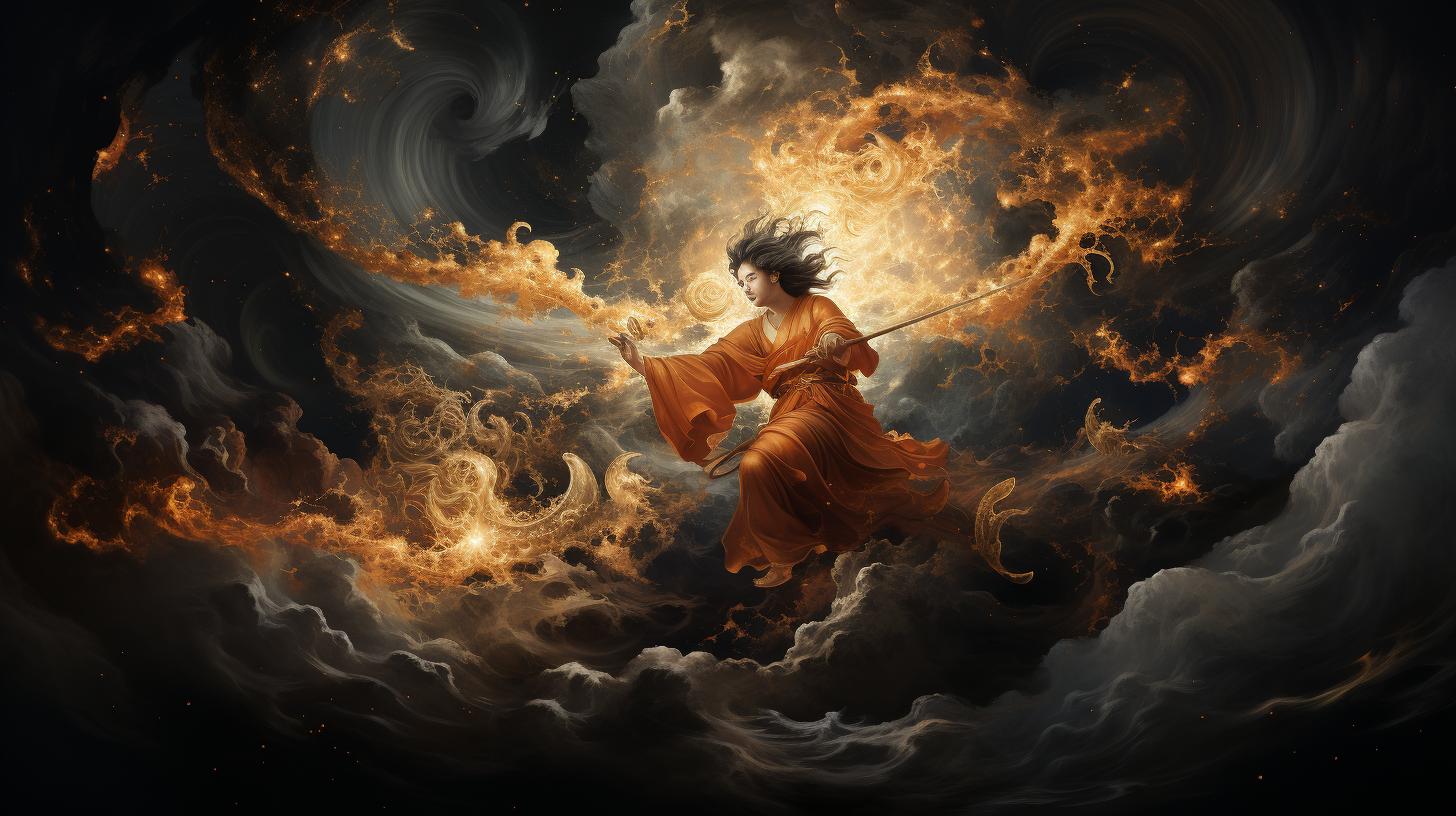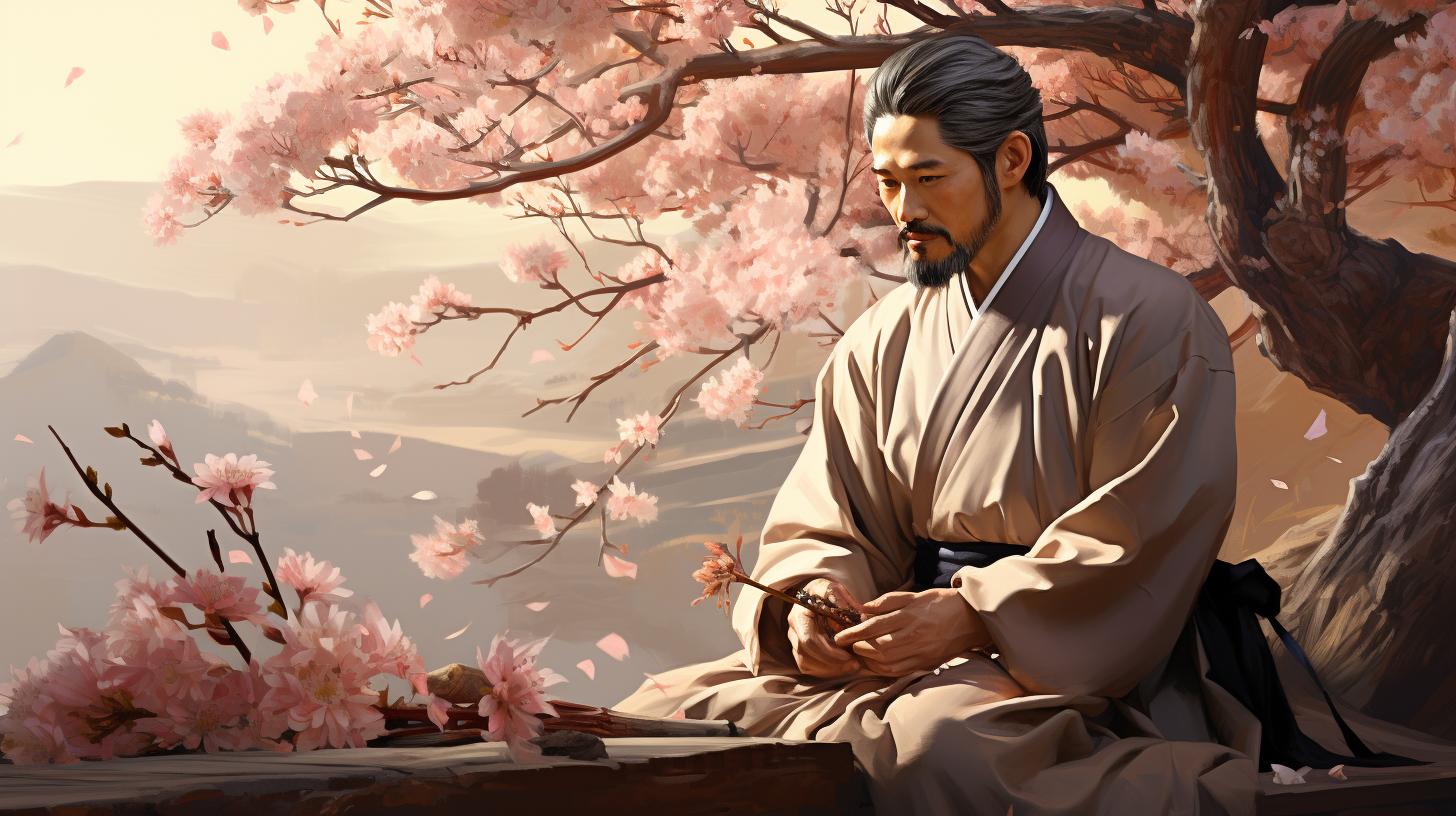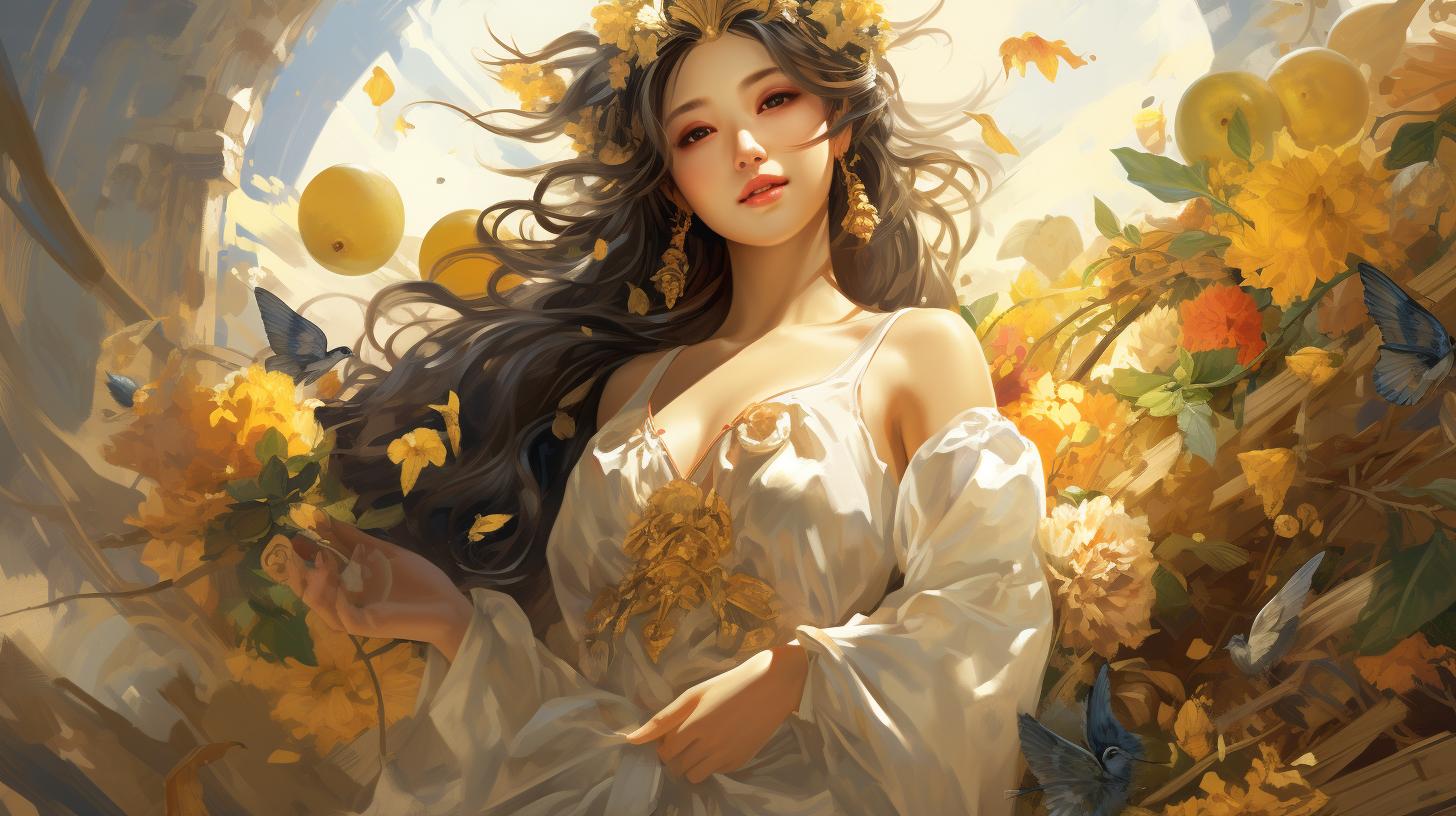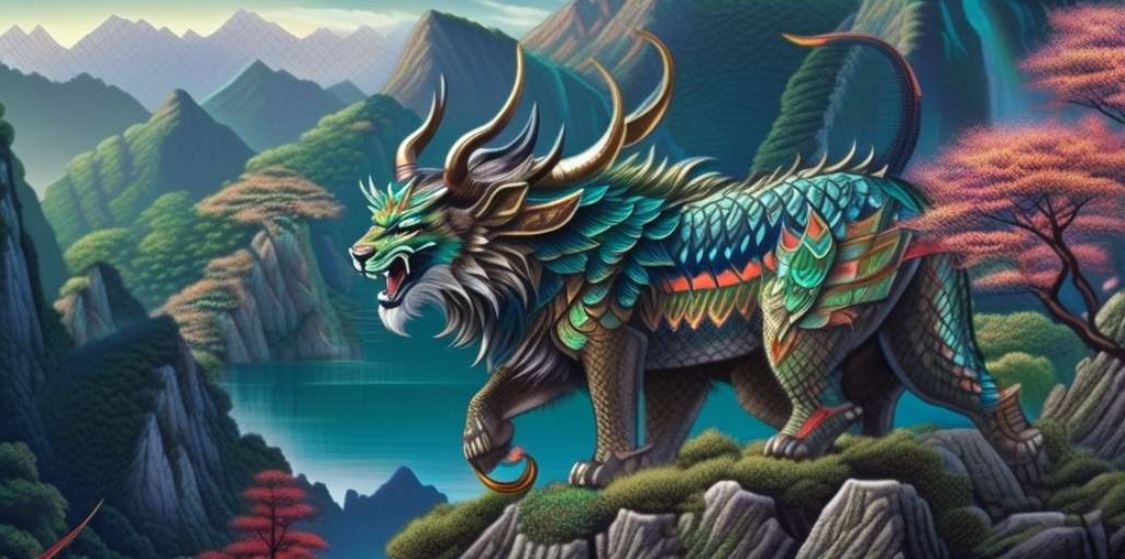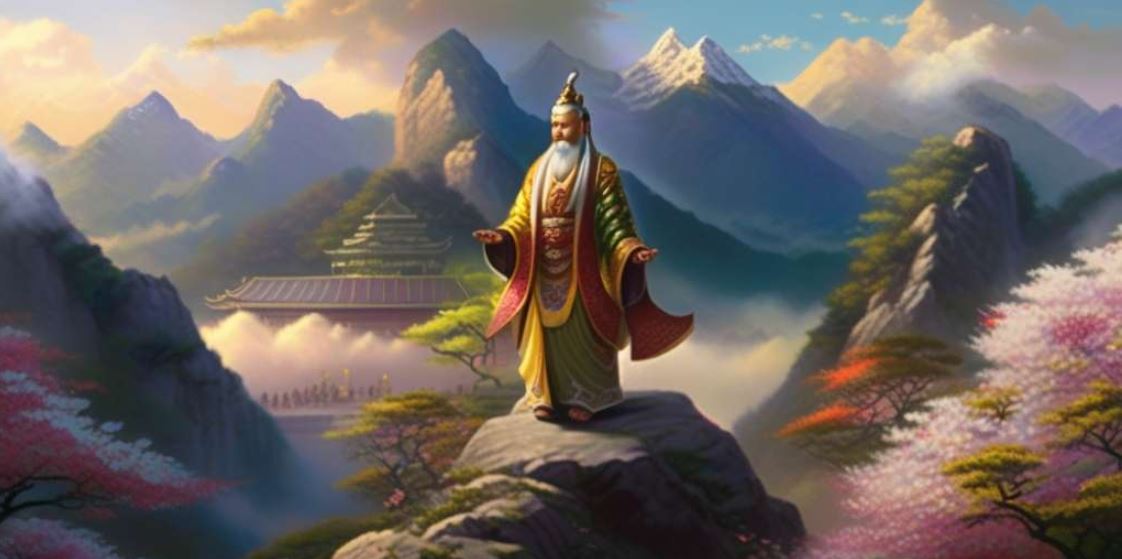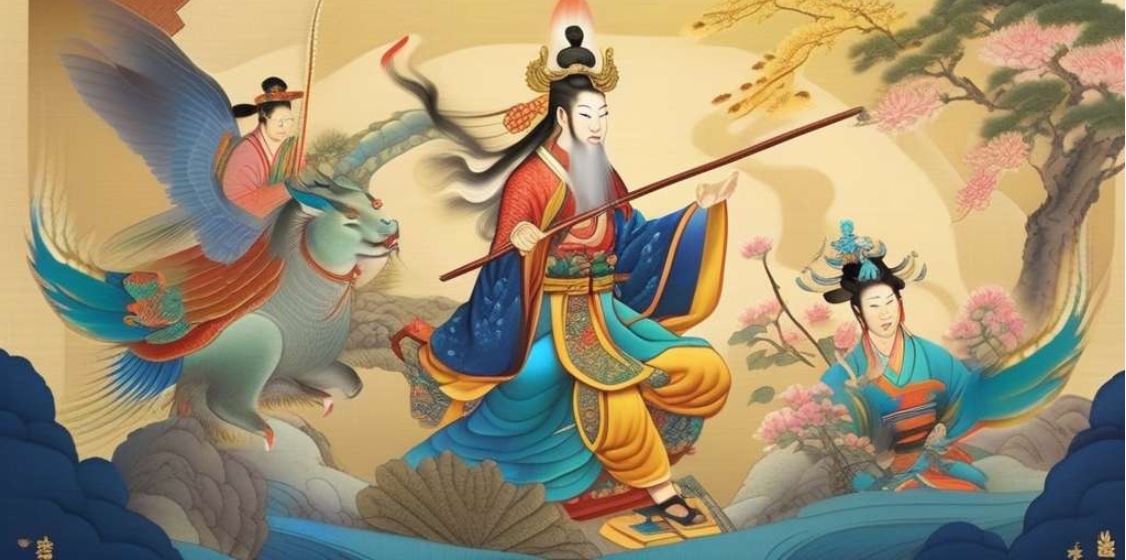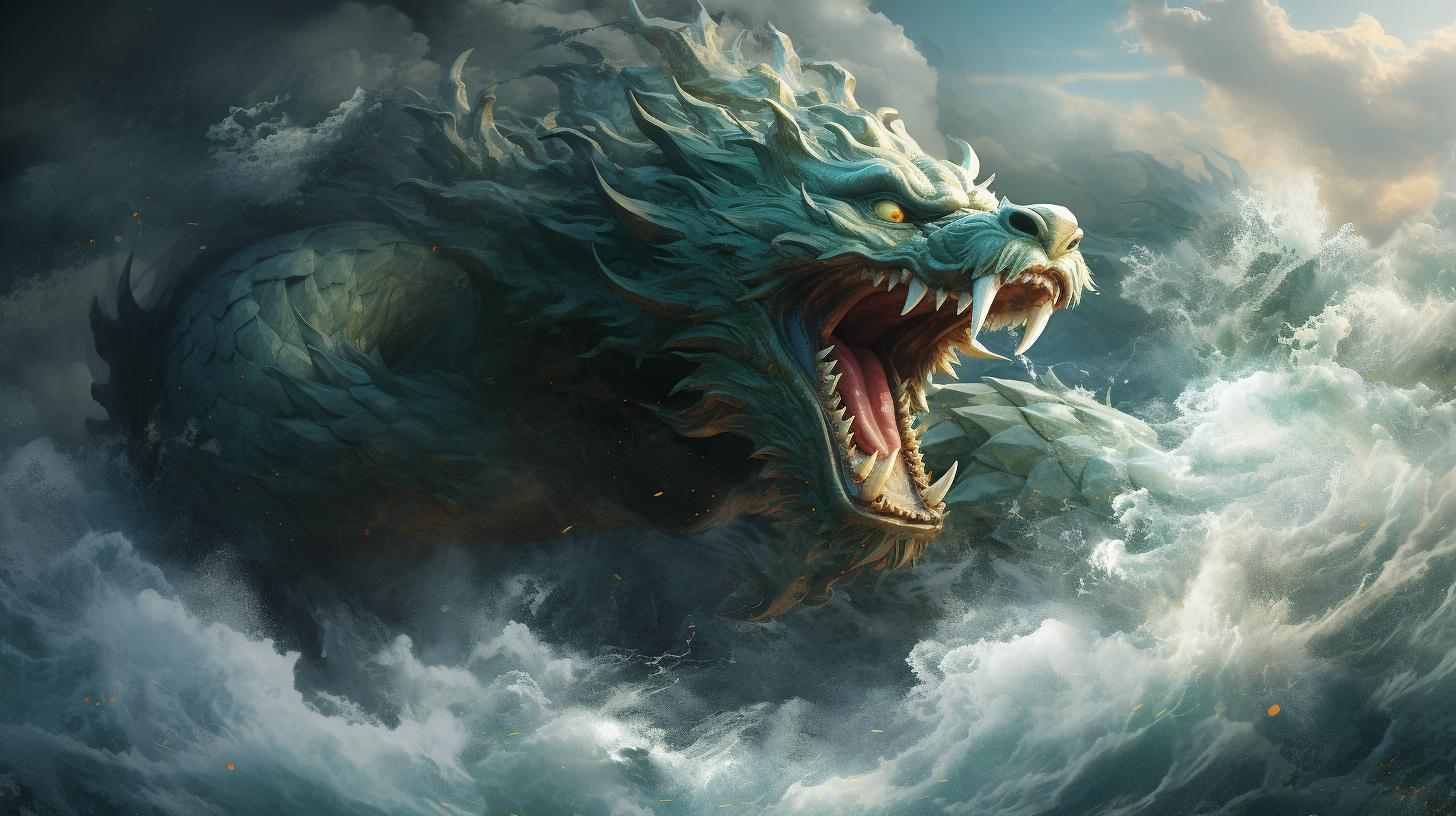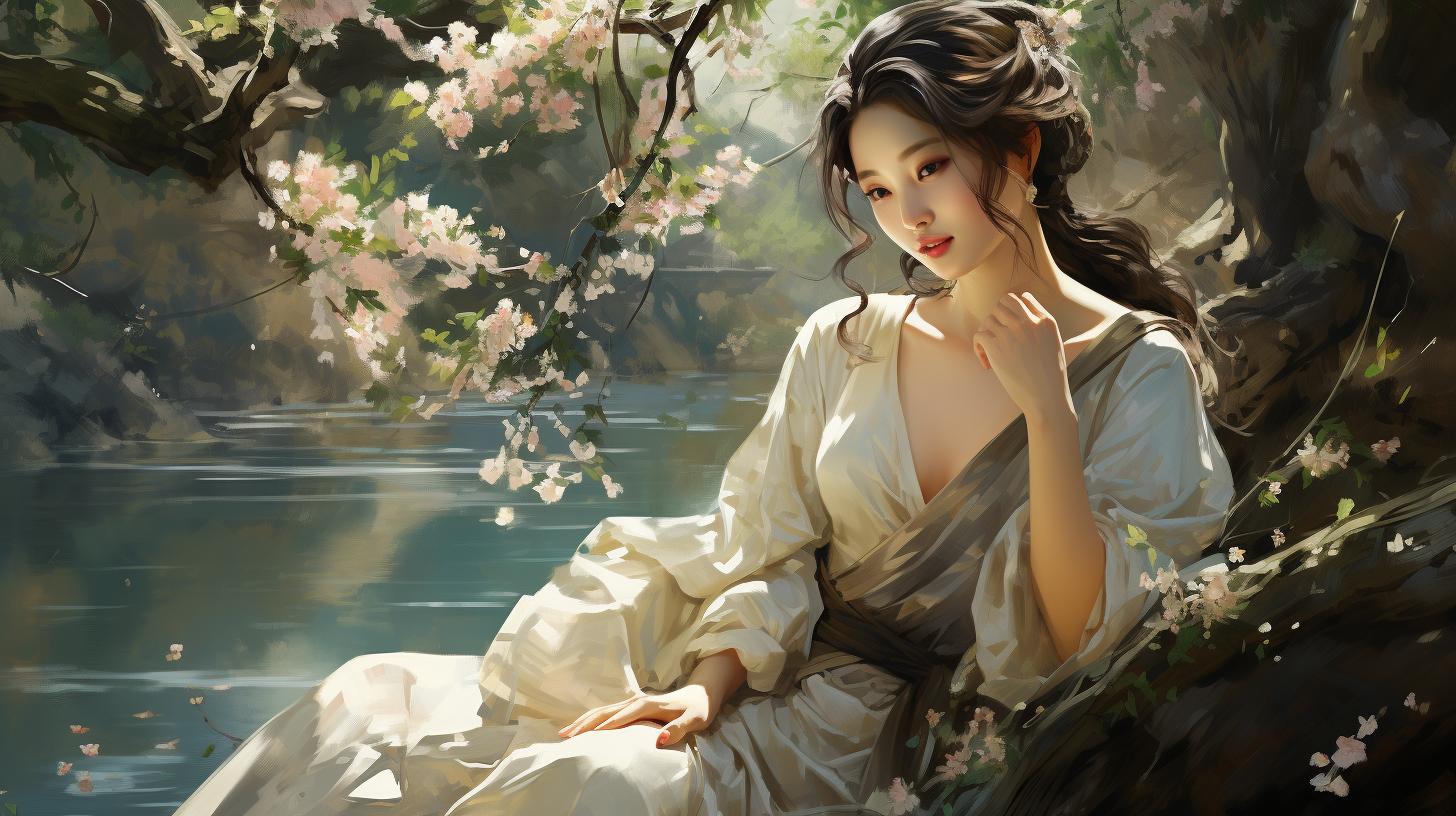Mireuk Korean God: Unveiling the Mysteries of Korean Mythology
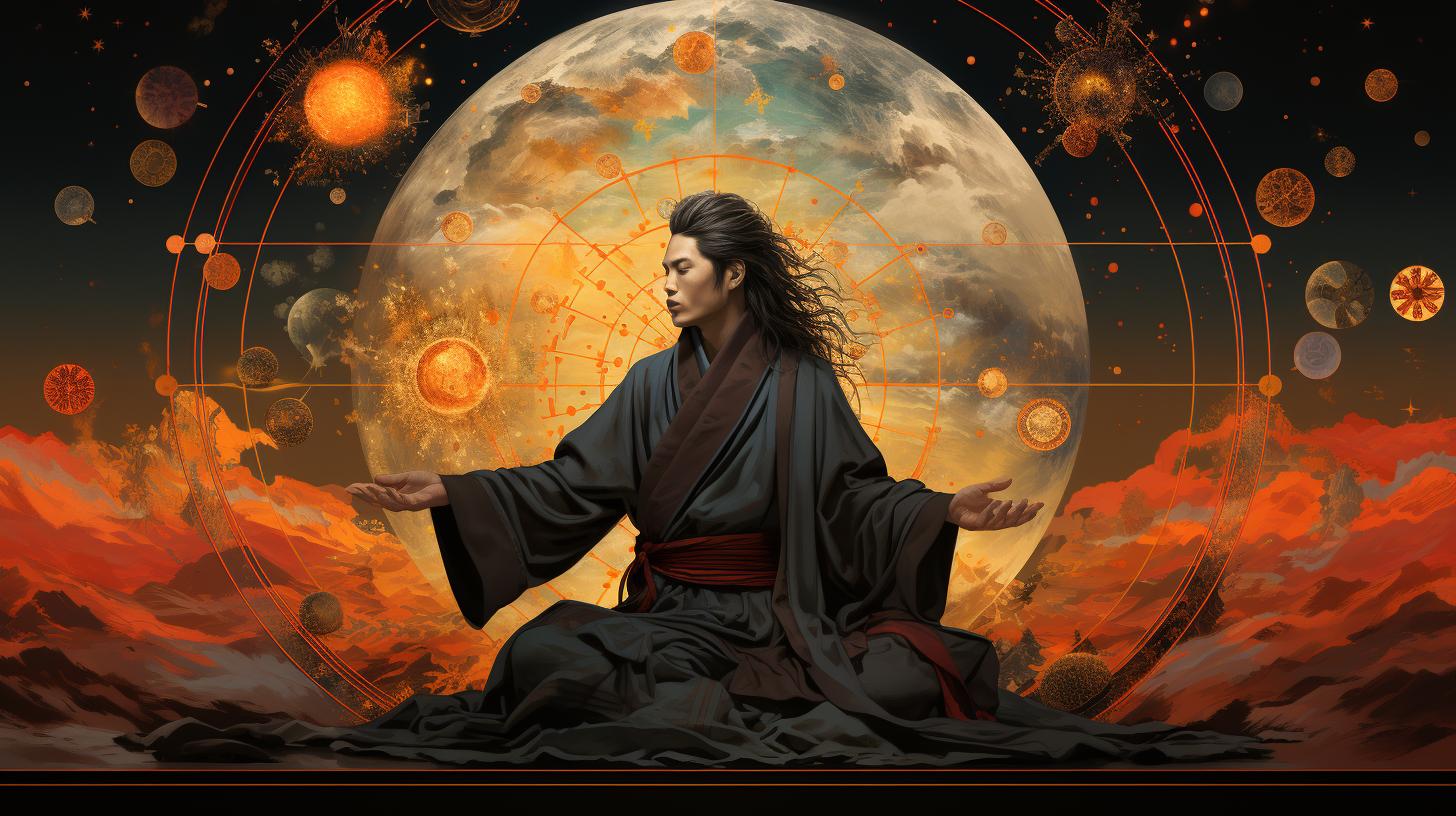
Mireuk Korean god holds a significant place in Korean mythology, with his role in the creation of the world and control over celestial bodies. He is closely connected to Seokga and other deities within the pantheon.
Legends such as the contest of flowers and his influence on the sun and moon further highlight his importance. However, the perception of Mireuk has evolved over time, impacted by historical shifts and government influence, particularly in North Korea.
Exploring these facets sheds light on the rich and evolving mythology surrounding Mireuk Korean god.
Origins of Mireuk in Korean Mythology
In Korean mythology, Mireuk is a prominent deity believed to have played a vital role in the creation of the world and the establishment of its order. Legends and ancient texts depict Mireuk as a powerful and significant figure within the pantheon of Korean gods.
The Role of Mireuk in the Creation of the World
Mireuk, also known as the Sakyamuni Buddha, is attributed with the creation of the world according to Korean mythology. This divine being is believed to have fashioned the earth, heavens, and all living creatures that inhabit them.
Mireuk’s creative power extends beyond physical existence, as he shaped the laws and principles that govern the universe.
According to ancient Korean texts, Mireuk emerged from a golden lotus in a vast cosmic ocean. His arrival marked the beginning of time and the birth of creation. As the visionary god, Mireuk brought order to chaos and set in motion the cycles of life, death, and rebirth.
Mireuk’s Powers and Influence in Korean Mythology
Mireuk’s powers and influence extend to various aspects of Korean mythology. As a divine being, he possesses unparalleled wisdom and enlightenment, which he uses to guide and teach humanity. His teachings embody compassion, peace, and the pursuit of spiritual enlightenment.
Furthermore, Mireuk’s dominion also includes the celestial realm. Within the Korean pantheon, he is responsible for maintaining balance and harmony in the universe. Mireuk’s ability to control the sun and moon ensures the perpetual existence of light and darkness, day and night.
- Mireuk’s creation of the world and establishment of its order
- Emergence from a golden lotus in a cosmic ocean
- Bringing wisdom, enlightenment, and spiritual guidance to humanity
- Controlling the sun and moon to uphold balance and harmony in the universe
These are just a few glimpses into the origins, role, and powers of Mireuk, the revered Korean god within Korean mythology.
Mireuk’s Family and Relationships with Other Gods
Mireuk, the Korean god, has deep connections within the pantheon of Korean deities. His family ties and relationships with other gods provide further insights into his role and influence. Let’s explore Mireuk’s connections to Seokga and other deities, as well as his significant role in the pantheon of Korean gods.
Mireuk’s Connection to Seokga and Other Deities
Within Korean mythology, Mireuk shares a close bond with Seokga, another prominent god. They are often depicted together, symbolizing their intertwined roles and the harmony they bring to the world.
Seokga, as a god of nature and agriculture, complements Mireuk’s dominion over celestial bodies and the creation of the world. Their complementary roles solidify the interconnectedness of Korean mythology, where multiple gods come together to shape various aspects of existence.
Furthermore, Mireuk’s connections go beyond Seokga. He forms meaningful relationships with other deities as well, enriching the complex tapestry of Korean mythology. The interplay between Mireuk and these other gods reflects the diversity and depth of beliefs in ancient Korean society.
Mireuk’s Role in the Pantheon of Korean Gods
As a central deity in Korean mythology, Mireuk holds a significant position within the pantheon of gods. His responsibilities and powers extend far beyond his connection to Seokga and other deities.
Mireuk is often associated with the creation of the world itself, crafting its intricate complexities and providing order to the universe.
In addition, Mireuk possesses remarkable authority over the celestial bodies. He controls the sun and the moon, ensuring their movements and cycles bring rhythm and balance to the world. This immense power solidifies Mireuk’s role as a god of cosmic forces and celestial harmony.
This nurturing aspect highlights the benevolent nature of Mireuk, further strengthening his importance within Korean mythology.
By examining Mireuk’s family connections and understanding his role in the pantheon of Korean gods, we can gain a deeper appreciation for the intricate web of beliefs and relationships within Korean mythology.
Stories and Legends Surrounding Mireuk
Delve into the captivating stories and legends that surround Mireuk, the intriguing Korean god. These tales shed light on his significance in Korean mythology and reveal fascinating aspects of his character and powers.
Explore the enchanting contest of flowers between Seokga and Mireuk, showcasing their divine rivalry and creative prowess.
The Contest of Flowers Between Seokga and Mireuk
An epic tale unfolds as Seokga and Mireuk engage in a mesmerizing contest of flowers. Their artistic abilities are showcased as they compete to create the most exquisite and enchanting blooming spectacle.
Each deity harnesses their unique powers to infuse these flowers with divine essence, turning the natural world into a breathtaking masterpiece.
This contest not only highlights their remarkable creativity but also symbolizes the eternal cycle of life and beauty. Through their vibrant blossoms, Seokga and Mireuk celebrate the harmony and enchantment found in nature, captivating the hearts and minds of those who witness their divine artistry.
Mireuk’s Influence on the Sun and Moon
Discover the awe-inspiring influence Mireuk holds over the celestial bodies—the sun and the moon. As a central figure in Korean mythology, Mireuk possesses the extraordinary power to control these celestial orbs, shaping the very fabric of the world.
It is believed that Mireuk guides the sun’s journey across the sky, bringing warmth, light, and life to the earth. His benevolent nature ensures the sun’s unwavering presence, providing a sense of security and hope to all who rely on its life-giving energy.
Similarly, Mireuk’s influence extends to the moon, dictating its phases and imparting a sense of serenity on the world below. The moon’s celestial glow, guided by Mireuk’s hand, bestows a tranquil ambiance, inspiring poets, lovers, and dreamers alike.
Through Mireuk’s dominion over the sun and moon, Korean mythology intertwines heavenly bodies with earthly existence, reminding us of the divine interconnectedness between the cosmos and humankind.
- Marvel at the vibrant contest of flowers between Seokga and Mireuk, showcasing divine rivalry and creativity.
- Explore Mireuk’s extraordinary influence over the sun and moon, shaping the very fabric of the world.
The Changing Perception of Mireuk in Korean Society
The perception of Mireuk, the Korean god, has undergone significant changes over time.
Historical and cultural shifts have played a crucial role in molding the way Mireuk is perceived in Korean society. These shifts have been influenced by various factors, including religious movements, social changes, and external influences.
Historical and Cultural Shifts in the Perception of Mireuk
Throughout Korean history, societal developments and cultural transformations have impacted how Mireuk is viewed and understood. In ancient times, Mireuk was revered as a powerful creator and a benevolent figure representing the harmony of nature and humanity.
The influence of Buddhism introduced new interpretations of Mireuk, blending Buddhist teachings with traditional Korean mythology.
However, with the introduction of Confucianism and Neo-Confucian ideology, Mireuk’s prominence started to diminish. Confucian teachings emphasized humanism and the importance of human leadership, overshadowing the divine nature of Mireuk. The perception of Mireuk shifted towards a more symbolic presence rather than an actively worshipped deity.
Impact of Government Influence on Mireuk in North Korea
The government’s influence in North Korea has had a considerable impact on the perception of Mireuk. Under the dictatorial regime, the government sought to assert control over religious practices and beliefs, suppressing traditional mythologies and deities.
As a result, the perception of Mireuk and other mythological figures faced marginalization.
In an attempt to consolidate power, the government emphasized loyalty to the state and its leaders, discouraging the worship of gods and goddesses of Korean mythology. This ideological shift further contributed to the decline of Mireuk’s perceived importance in North Korean society.
Moreover, the government’s focus on Juche ideology, promoting self-reliance and national identity, has further marginalized traditional religious beliefs, including the worship of Mireuk. State-sanctioned religious practices, mainly centered around the worship of the leaders, have become the primary focus, relegating mythological deities to the periphery.
In conclusion, the perception of Mireuk in Korean society has undergone significant changes over time. Historical and cultural shifts have redefined the significance of Mireuk, highlighting the influence of external cultural and religious movements.
Additionally, the impact of government control in North Korea has further marginalized the worship of mythological figures like Mireuk. Understanding these shifts helps shed light on the evolving nature of religious beliefs and practices in Korean society.
…

